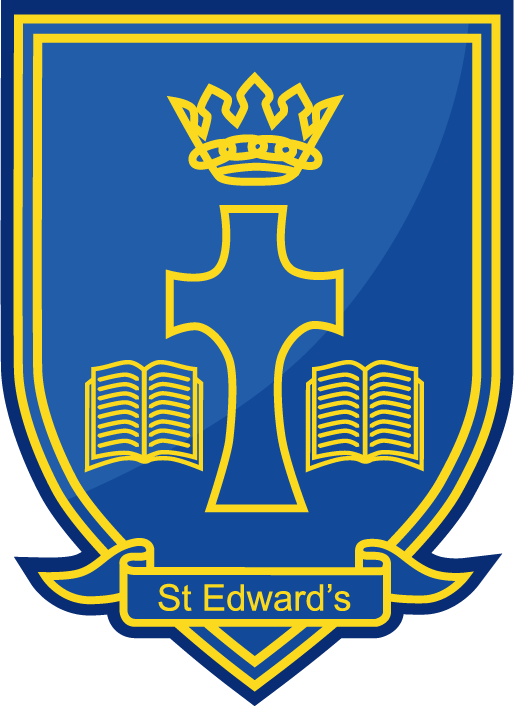Welcome
A warm welcome to our school website
St Edward's is a Catholic Junior School, close to the town centre of Aylesbury, Buckinghamshire. We cater for pupils aged between 7 and 11 years old and are part of the St Thomas Catholic Academies Trust.
We are blessed to have extensive, beautiful grounds (which include a Forest School area) and close links with our local church, Our Lady of Lourdes.
We are a caring faith school that aspires to provide the highest quality education for your child within our nurturing Catholic community. With Christ at the heart of everything we do, we live out our mission statement:
I can do all things through Christ who strengthens me.
Philippians 4:13
Children and families are welcomed whatever their background or needs. We have high expectations of all in our school community and everyone is encouraged to work hard and do their best; living and believing in our Mission Statement fully.
Through our caring Catholic ethos we aim to provide a broad, balanced and high quality education that helps children develop into independent young people. We work hard to ensure that the work of the school, based on Gospel values, meets the needs of all our pupils and a fast changing world.
We are proud of all that our children achieve and celebrate the development of the whole child in spirit, mind and body. We recognise our pupils as individuals and celebrate the gifts and talents they have been given. Pupils at St Edward’s are both supported and challenged in order that they are able to thrive and achieve their full potential.
We hope that you find our website useful. If you have any further questions please do not hesitate to contact the school office. They will be very happy to help you.
God Bless
Joanna Heritage
Head of School
 St Edward's Catholic
St Edward's Catholic